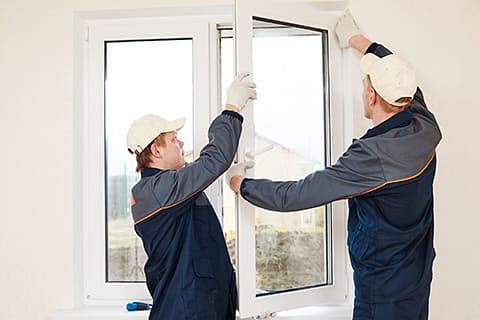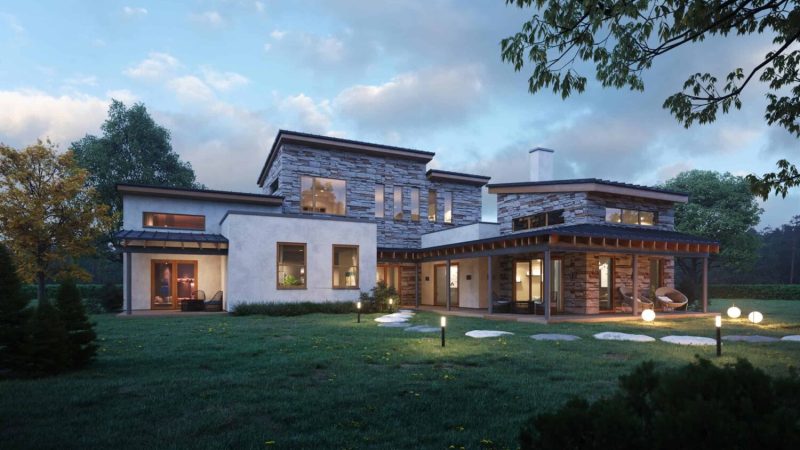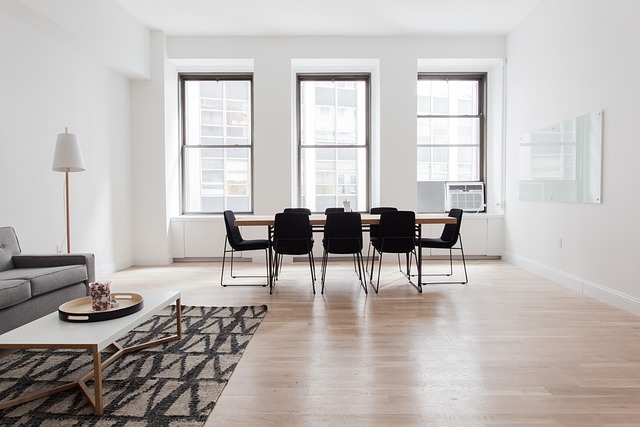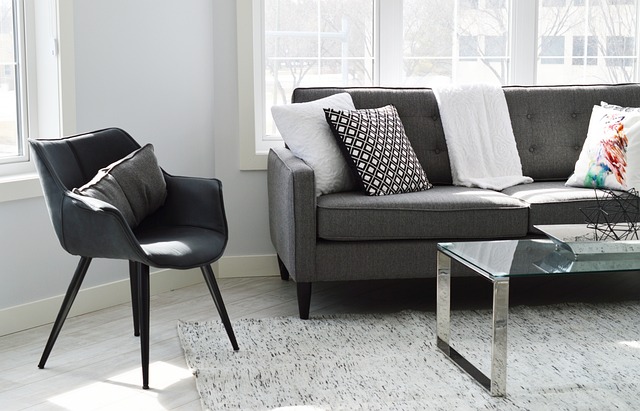What Are The Differences Between SPC, PVC And WPC Flooring?
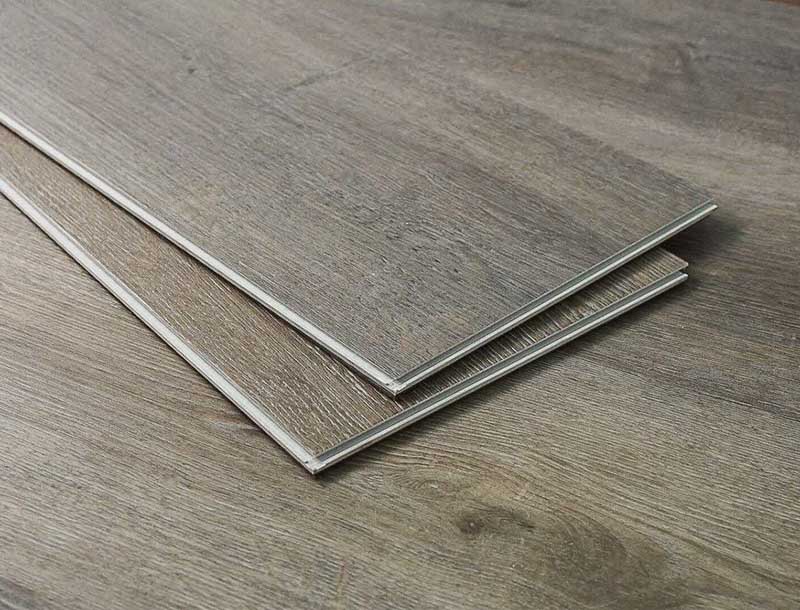
If you are in the process of remodelling a space, commercial or residential, and you still do not understand the difference between PVC, SPC and WPC floors, this article will be of great help to you.
However, it should be clarified that, regardless of the type of floor you choose, any of these options has a very high resistance to humidity; they are light, thermal insulators, acoustic insulators and, in addition, they are fire retardants. The difference lies mainly in its physical appearance, resistance to the type of traffic and durability, which we will share with you below.
To begin with, we are going to briefly define each of the types of floors so that you can get an idea of what we are going to talk about today:
SPC flooring
Stone Plastic Composite flooring has a 70% limestone powder composite and 30% PVC at its core. This makes them anti-abrasive floors, highly resistant to humidity or the presence of liquids, and they have a high level of rigidity and resistance to thermal fluctuations.
PVC floors
PolyVinyl Chloride flooring, also known as vinyl flooring, offers a high level of durability and provides excellent sound absorption, making it ideal for offices or medical facilities. Its core is only made of PVC, which makes it flexible and soft, but it also has non-slip, antibacterial properties and resistance to medium-high traffic.
WPC flooring
Wood-Plastic Composite flooring is a type of waterproof flooring composed of recycled wood, wood-like materials, and plastic particles. They have a low level of flexibility but are resistant to UV rays, scratches and dents.
Choosing what floor to buy is more complex because all three options are good, but each has more significant advantages in specific situations. That is why it will be essential to know the precise needs to be covered in each room to be remodelled and choose the floor that can provide a solution to most of the existing requirements.
Don’t worry; we have put together a list of similarities and differences between SPC, WPC and PVC flooring so that you can easily understand the benefits of each of them compared to the others.
Similarities between SPC, PVC and WPC flooring:
- They feature a clear top coat that makes each tile scratch and stain-resistant. Due to poor floor care, over time, this layer can quickly deteriorate and change its colour.
- The next layer is vinyl, which provides the colour and visual texture of the tile. This is tough and offers much of the durability of vinyl flooring. The variety of colours, designs and presentations is wide for the three options, so it will not limit your creativity.
- The core provides impermeability to the floors, so they are not easily deformed in the presence of moisture. Therefore they can be installed in bathrooms, laundries and kitchens without any problem.
- The three types of floors are easy to install, economical and practical, unlike laminate or ceramic floors.
- The cleaning and maintenance process is simple for all vinyl flooring options, just requiring constant sweeping and using the cleaning products indicated by the supplier.
- They are resistant to UV rays and, therefore, to the passage of time.
Differences between SPC, PVC and WPC flooring:
- Tile thickness: The thickness of WPC and SPC tiles varies due to the thickness of their core. The WPC is thicker than the SPC. Therefore these tiles measure from 5 to 8 mm, while the SPC measures between 3 and 7 mm. PVC tiles tend to be 4mm thick or less.
- Comfort: The thickness of the core also makes the floor more absorbent to footsteps and, therefore, causes a better sensation when walking, like softness. In this case, WPC floors stand out as the wood core helps them feel soft and relaxed underfoot, as well as retaining heat longer, unlike SPC floors.
- Acoustic insulation: WPC floors have more excellent acoustic insulation due to the same thickness of the core. However, all the options are good noise insulators since they attenuate the noise caused by walking, such as heel tapping. That is why they are precise to use in offices, health centres or educational centres.
- Durability: SPC floors are more durable than WPC floors since their density is higher, and this makes them more resistant to weight; in addition, this allows them to contract and expand more quickly, an event that commonly occurs with exposure to humidity. Or by temperature fluctuations.
- Installation: Unlike PVC floors, the thickness and rigidity of WPC and SPC floors mean that they can be easily installed over an uneven subfloor. In contrast, PVC floors require a completely flat surface to be installed as they may deform. And highlight irregularities instead of hiding them.
- On the other hand, traditional vinyl floors may still require adhesives for installation. However, others have a click-type installation option in which the tiles easily fit together. This tongue and groove system is also available in SPC or WPC tiles, which makes the installation process even quicker and easier. Ideal for a renovation that must be done in a short time.
- Design: The visual texture achieved in each tablet is from a digital print on the top layer. However, the appearance varies between types of flooring due to the components of each of them. This being the case, we can say that the appearance of SPC and WPC flooring will have a hyper-realistic look, achieve a detailed texture and provide a high sense of material density, even if the surface is stone or wood. Even so, the impression of a vinyl floor is excellent, and, at first glance, it will give the belief that it is a floor of natural material.
- Physical resistance: The resistance to scratches and dents is superior in WPC and SPC floors, unlike PVC floors, due to the composition of its core.
- Also, both SPC and WPC flooring are highly resistant to heavy traffic, to a much higher level than PVC flooring. However, if you are looking for a flooring option for a commercial setting, SPC flooring is the best option as it is designed to withstand heavy traffic and the weight of large objects. When purchasing, order flooring that guarantees the best wear layer.
- Deformations: Faced with drastic fluctuations in temperature due to extreme heat or cold, the tiles can deform slightly. Among the flooring options mentioned in this article, we can highlight that WPC and PVC Deck floors will be more affected by these changes due to their wood and plastic core, while, as SPC floors have a stone core, they are less susceptible. to climatic effects.

